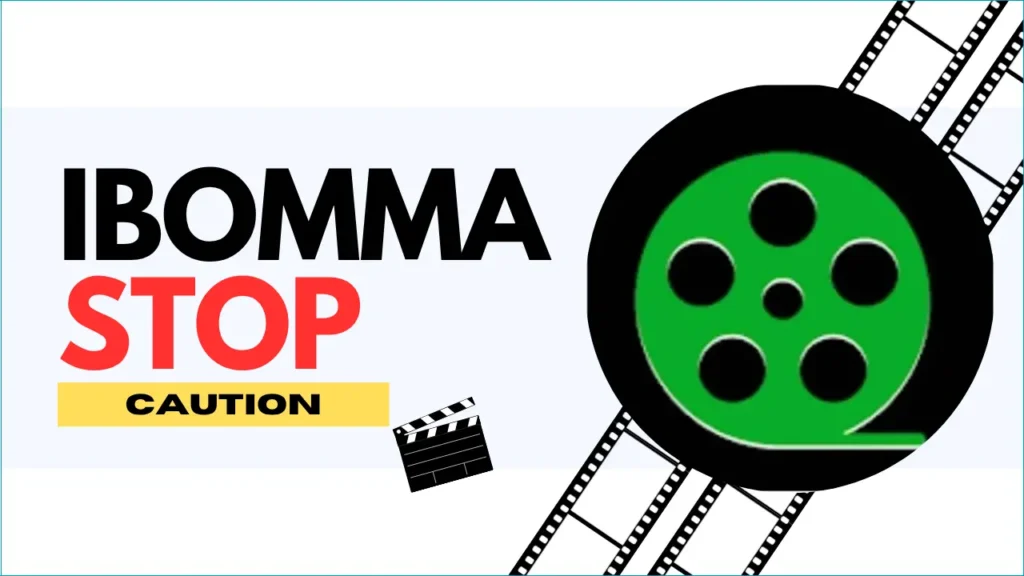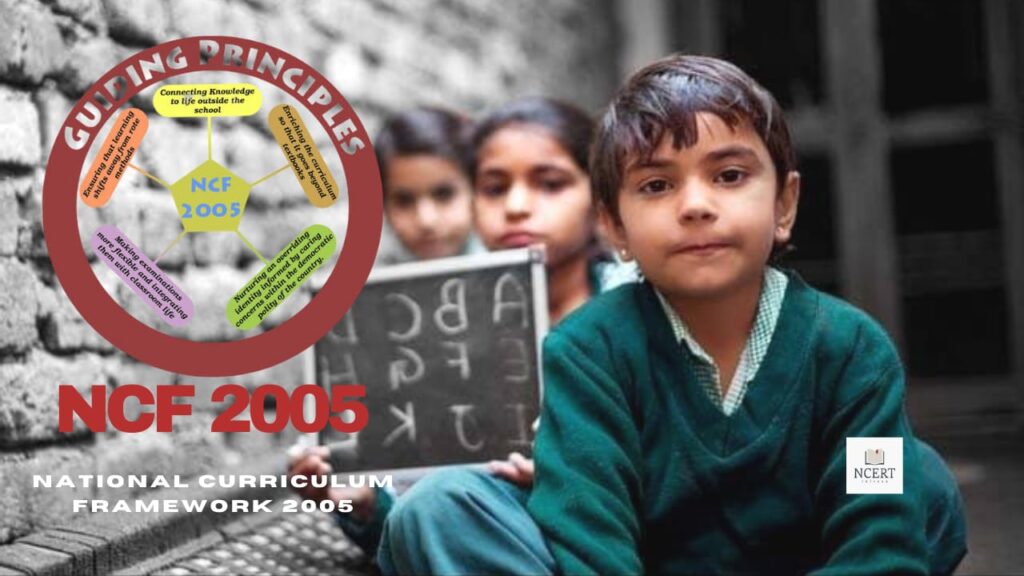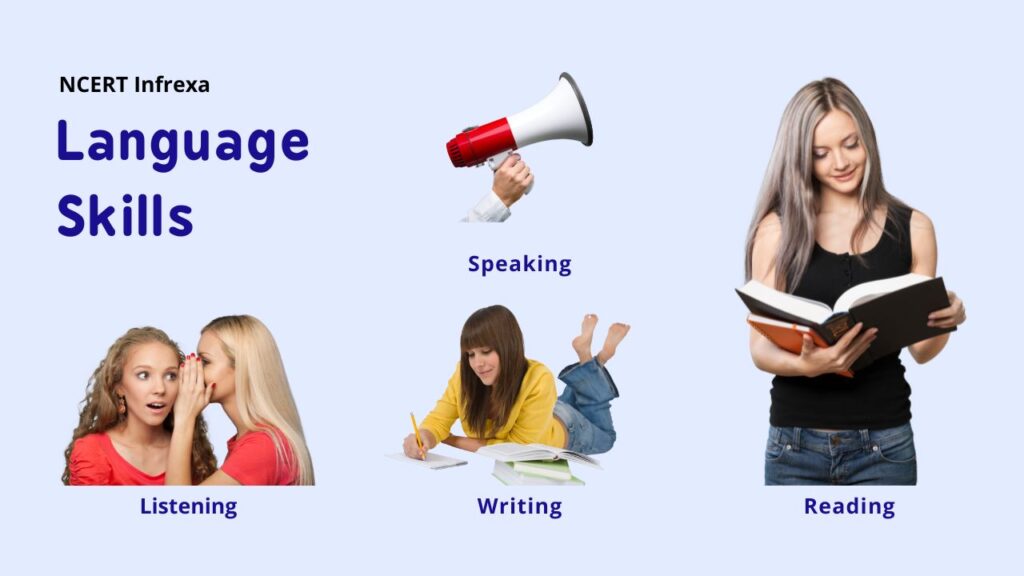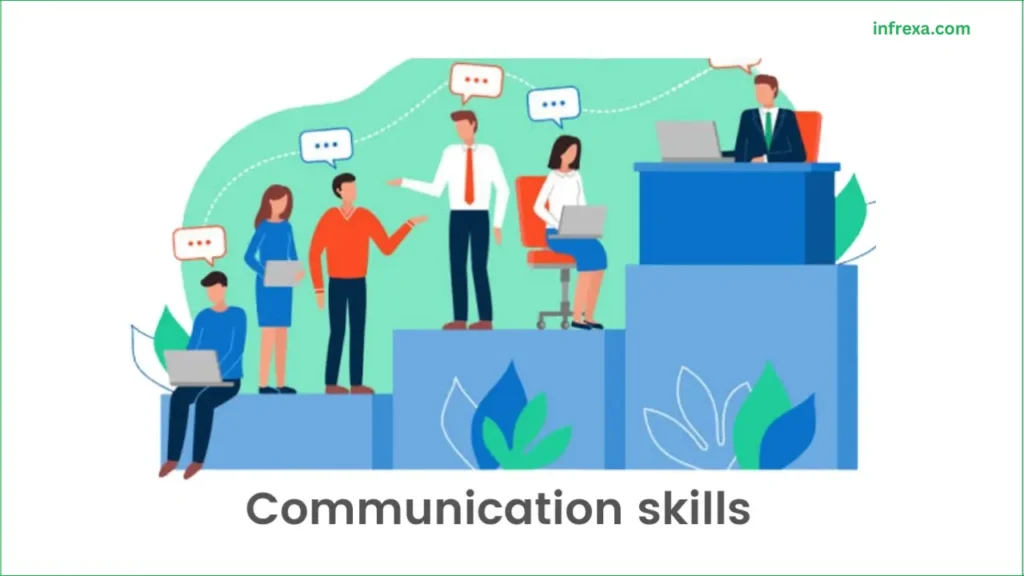About Ibomma: Is it Safe & Legal in 2026?
Ibomma Telugu Movies is a platform where users can download and stream Hollywood movies dubbed in Hindi, English, Tamil, Punjabi, and Telugu. Whether you prefer watching your favorite movies or TV shows at home, this site offers content at no cost. Users must be cautious while it provides a wide range of movies and web […]
About Ibomma: Is it Safe & Legal in 2026? Read More »




